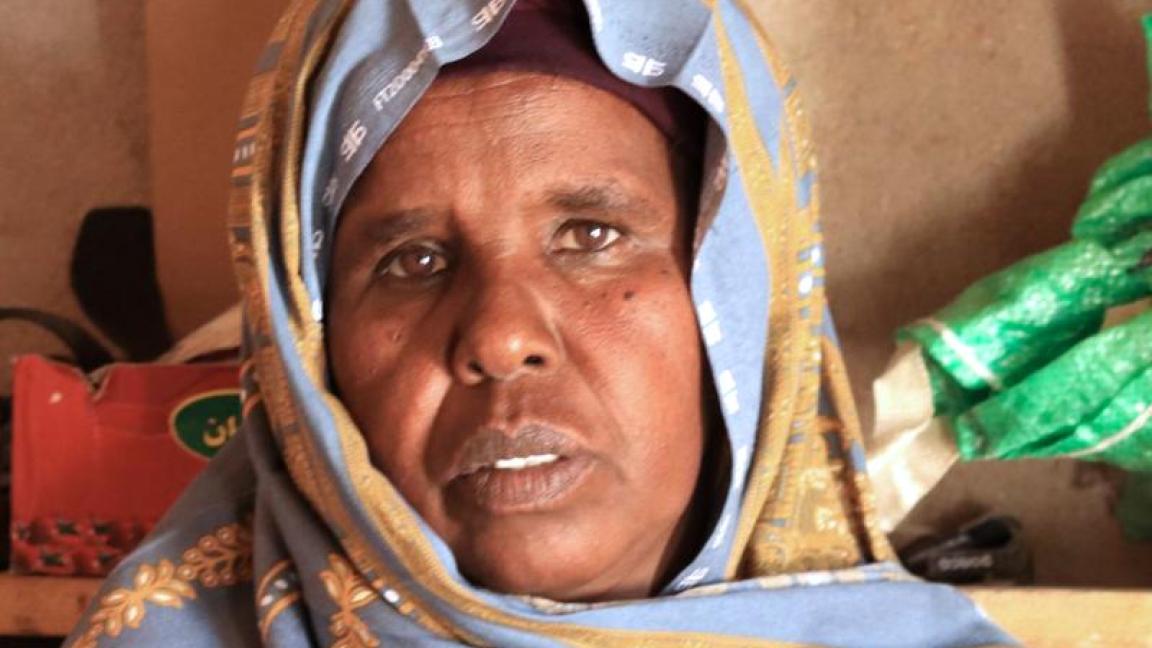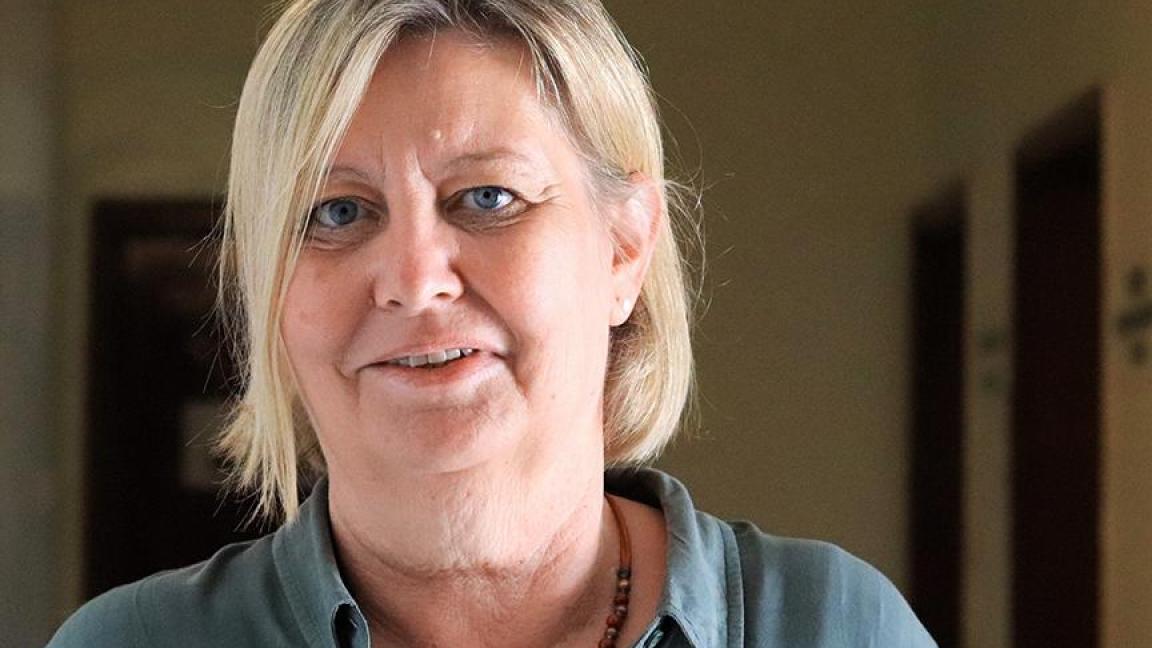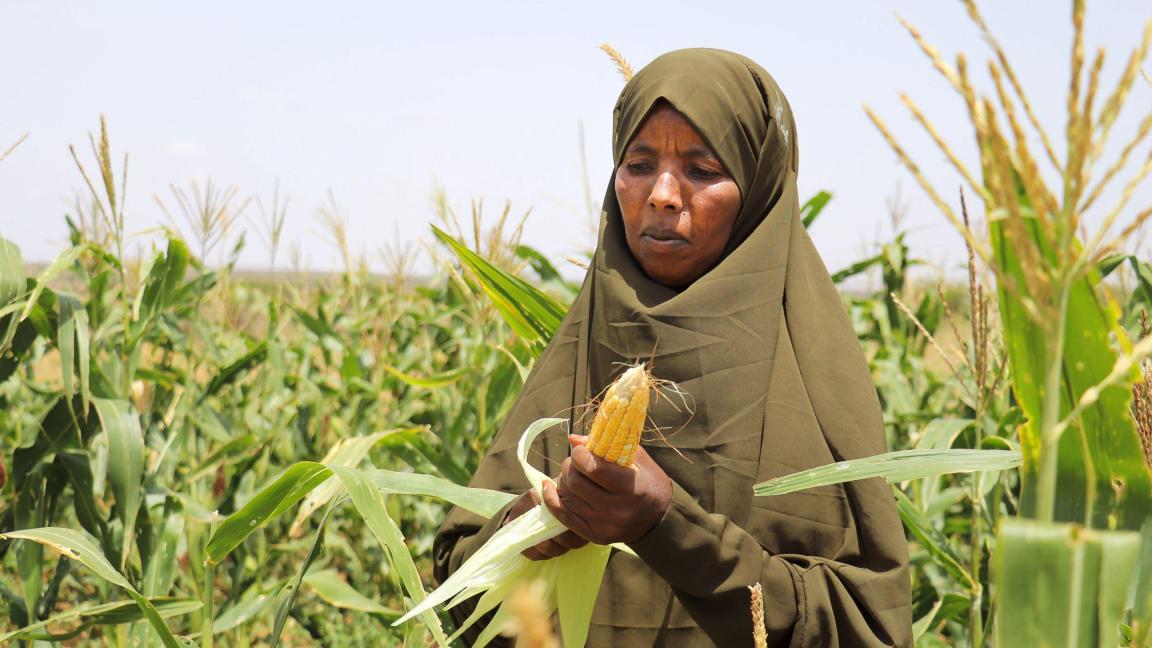GIZ has been working in Somalia since 1962. The projects and programmes are managed from GIZ’s country office in Kenya.
After more than 25 years of civil war, the election of the Federal Government of Somalia in 2012 marked the beginning of a new chapter in the country’s history. Nevertheless, Somalia remains one of the world’s poorest countries, and the security situation is still fragile. In addition, countries in the Horn of Africa are increasingly affected by droughts, floods, and cyclones. In Somalia, these climate shocks have resulted in declining soil fertility. At the same time, agricultural practices are not adapted to the new challenges of climate change and food insecurity is on the rise. As a result of natural disasters and ongoing political conflict, many people have lost their livelihoods and became internally displaced persons (IDPs), with many seeking new opportunities in urban areas. However, the rapid growth of the urban population puts additional pressure on already weak social infrastructure, particularly the health system.
Moreover, the unemployment rate among young people stands at about 34 per cent, significantly higher than the global average. The existing system for technical and vocational education and training (TVET) does not sufficiently prepare young people for the needs of the labour market, resulting in a mismatch between available skills and employment opportunities. Consequently, companies struggle to find qualified workers, while many people remain unemployed. Due to largely patriarchal structures, women are particularly affected by economic insecurity.
Our work on site: For stability and sustainable agriculture
The core areas of GIZ’s work are:
- Peaceful and inclusive societies;t
- Transformation of agri-food systems;
- Climate-friendly economic development, training, and employment.
Somalia is striving to build a stable society after years of conflicts and climate-related disasters. A particular focus is on improving food security by introducing farming practices that reduce land degradation, promote efficient water use, and improve dryland farming systems and river basin agricultural production. Along selected smallholder value chains, projects work to raise awareness among national institutions responsible for agricultural inputs to increase crop productivity and promote diversification of food sources.
Projects support local communities and government institutions in integrating returnees and IDPs into host communities and work to prevent conflict between different groups. For better social services in health care, projects support international cooperation and promote the use of institutional data in African countries. To reduce poverty and improve economic prospects, GIZ supports the modernisation of the technical and vocational education and training (TVET) system in Somalia. Programmes in agriculture, automotive mechatronics, construction, and media design aim to meet the needs of an emerging private industry for skilled labour and provide employment perspectives for youth. To improve the prospects of women, projects set up gender-specific support measures and work to develop business models for women.
Somalia in brief
GIZ local staff
As of: 31.12.2025
- 98 National employees
- 8 International employees
Insights


